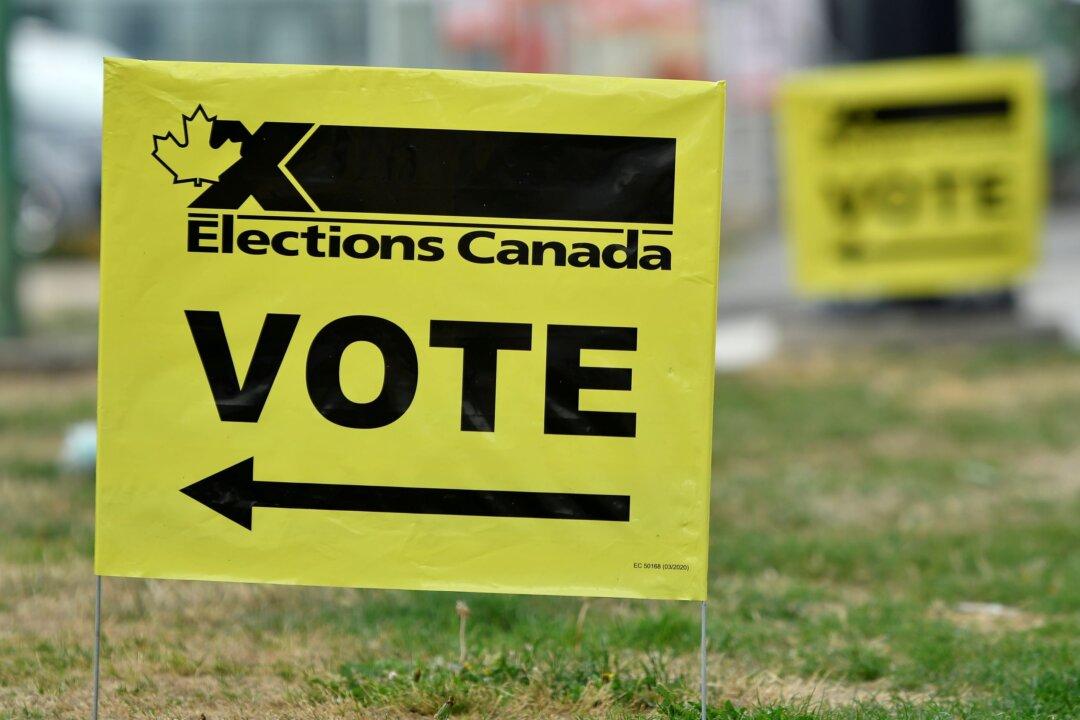Amid recent allegations over China interfering in Canadian federal elections, the interim head of the RCMP says the national police force needs to be able to use intelligence from Canada’s national security agency as evidence in criminal investigations.
“For a criminal investigation, you have to be able to demonstrate how the investigation began. And with the full and frank disclosure that we face, and any files that we bring before the courts, that is challenging,” Interim Commissioner Michael Duheme told CTV’s Question Period program airing on April 2.





